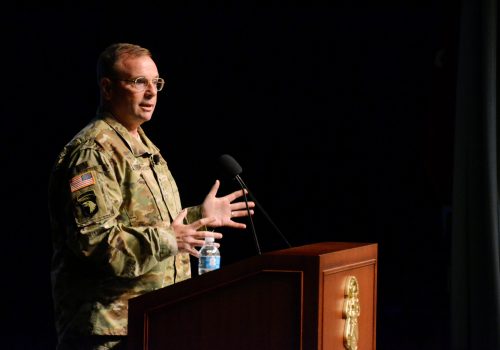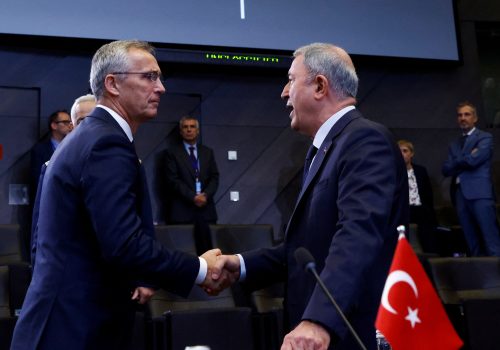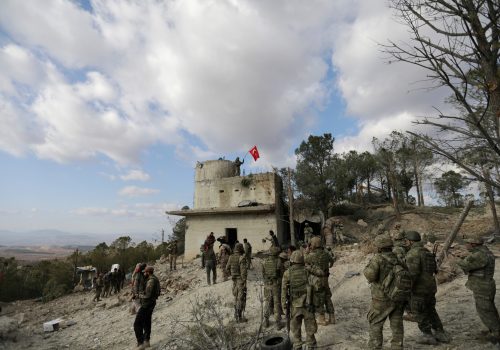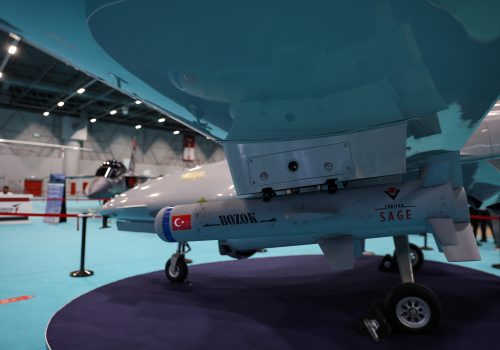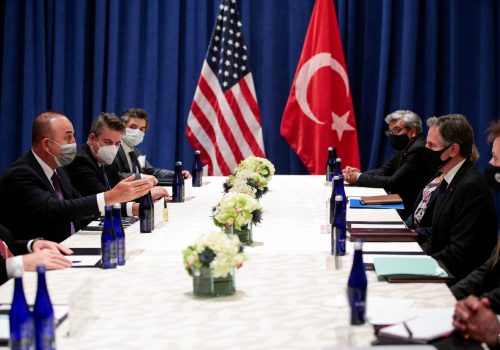
The Defense Journal by Atlantic Council IN TURKEY addresses the critical issues affecting defense and security primarily for Turkey and the United States.
In the inaugural issue, “The US-Turkey relationship in a new era,” former policymakers and leading experts share their thoughts on the United States-Turkey defense and security relationship, Turkish defense and geostrategic policy, the Turkish defense industry, and more.
The United States and Turkey have been allies since Turkey joined NATO in 1952. As a NATO member, Turkey played a crucial role in securing the southeastern flank of the alliance during the Cold War era and since the end of the Cold War, as well as in NATO missions in Bosnia-Herzegovina, Kosovo, and Afghanistan. Turkish soldiers also played a crucial role during the Korean War fighting alongside US soldiers.
In recent decades, we have witnessed the relationship between the United States and Turkey deteriorate.
As recently as one year ago, prior to the beginning of the war in Ukraine, the world was talking about the viability of NATO’s mission in a new age. The war in Ukraine changed global balances and reminded us why NATO matters. The Journal’s experts examine the roles that the United States, Turkey, and other allies will play in the years to come.
Explore the featured contributions from the first issue of the Defense Journal below.
Foreword
By Defne Arslan, Senior Director, Atlantic Council IN TURKEY
Since Turkey’s accession to NATO in 1952, United States–Turkey relations have been underpinned by their defense ties. Turkey’s critical position on NATO’s southeastern flank, with the second-largest army in the Alliance, and as a bridge between Europe and the Middle East and the Caucasus, contributes significantly to the Alliance’s security. Likewise, Turkey has accrued immense benefits from its inclusion in the Alliance, which helped usher in an era of prosperity and stability relative to its neighbors.

“The complexity of the US-Turkey relationship is only exceeded by its significance. The Defense Journal by Atlantic Council IN TURKEY breaks down the opportunities, challenges, and regional developments driving bilateral as well as regional relations.”
Frederick Kempe, President and CEO, Atlantic Council
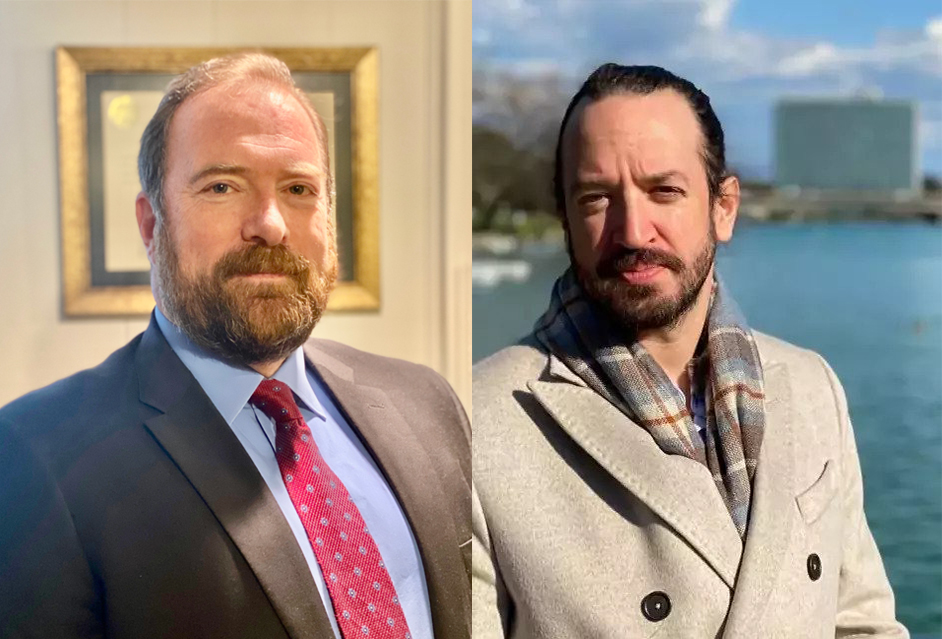
Strategic transactions and bilateral defense ties have formed the backbone of the US-Turkey alliance for decades. Yet, we have fallen short of developing a thorough defense affairs dialogue between the two nations’ strategic communities. This Defense Journal aims to meet the pressing need for expert, contextually-grounded information on strategic and defense issues of common interest in Washington, Ankara, and areas affected by the relationship between the two. The conflict in Ukraine has illustrated that these two powerful allies can influence regional crises in a strategically complementary manner when carefully coordinated—while the conflict in Syria has demonstrated how misalignment can harm the interests of both. Unfolding geopolitical turbulence in contemporary international affairs, coupled with various flashpoints mushrooming around the globe, necessitate a viable US-Turkey accord more than ever. Hereby, we aim to augment the intellectual foundations and deepen collective understanding of a viable convergence between these two important NATO allies.
From Rich Outzen & Can Kasapoglu, Defense Journal by Atlantic Council IN TURKEY Co-editors
Honorary advisory board
The Defense Journal by Atlantic Council IN TURKEY‘s honorary advisory board provides vision and direction for the journal. We are honored to have Atlantic Council board directors Gen. Wesley K. Clark, former commander of US European Command; Amb. Paula J. Dobriansky, former Under Secretary of State for Global Affairs; Gen. James L. Jones, former national security advisor to the President of the United States; Franklin D. Kramer, former Assistant Secretary of Defense for International Security Affairs; Lt. Gen. Douglas E. Lute, former US Ambassador to NATO; and Dov S. Zakheim, former Under Secretary of Defense (Comptroller) and Chief Financial Officer for the Department of Defense.
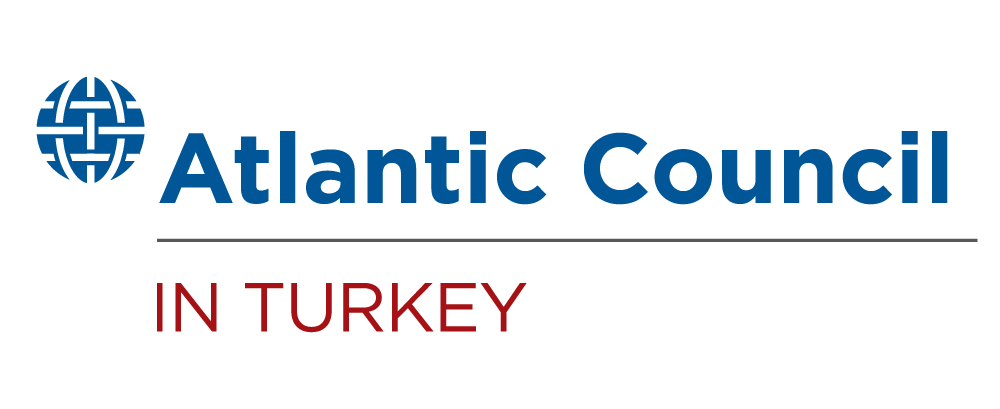
The Atlantic Council IN TURKEY, which is in charge of the Turkey program, aims to promote and strengthen transatlantic engagement with the region by providing a high-level forum and pursuing programming to address the most important issues on energy, economics, security, and migration.
